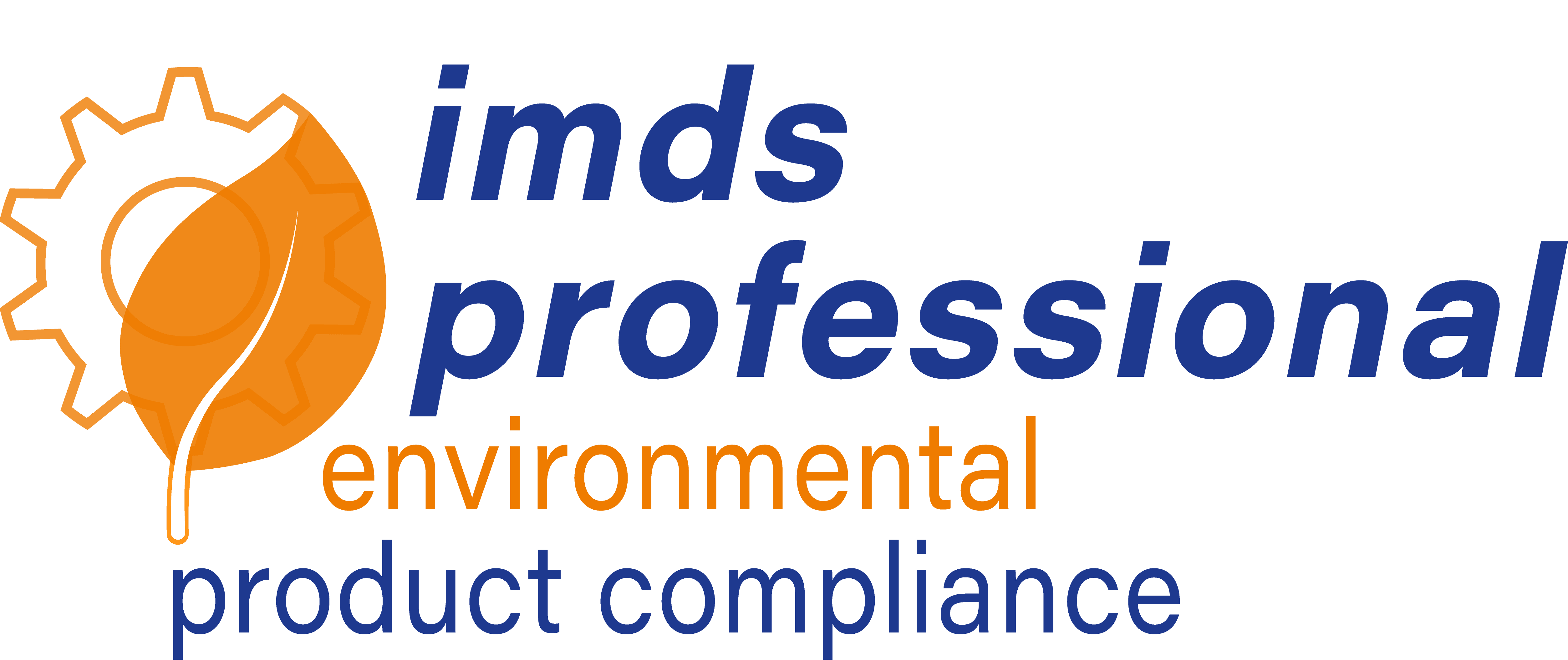Blog
RoHS
On September 8, 2025, the European Commission published a Delegated Directive amending Directive 2011/65/EU (RoHS). This update concerns the use of lead in electrical and electronic components made of glass and ceramics—a topic of high relevance for many companies in the electronics sector.
Background: Why This Exemption?
The RoHS Directive restricts the use of hazardous substances such as lead, cadmium, and mercury in electrical and electronic equipment. Exemptions are only granted if:
- substitution is technically not feasible,
- the reliability of alternatives is not guaranteed,
- or the environmental and health risks of substitution outweigh the benefits.
Technical Assessment and Stakeholder Consultation
Between 2019 and 2024, several renewal requests for existing exemptions were submitted to the Commission. These were evaluated in two technical and scientific studies. Key findings include:
- Lead in glass enhances properties like melting point, chemical stability, and electrical insulation.
- Lead in ceramics is essential for piezoelectric and PTC materials, as well as high-voltage capacitors.
Available substitutes are either not reliable enough or technically impractical.
New Structure of the Exemptions
The previous exemption 7c I has been split into two new entries:
- 7c V: Lead in glass applications (e.g., glass beads, hermetic seals, resistive inks, MCPs)
- 7c VI: Lead in ceramic applications (e.g., PZT ceramics, PTC thermistors)
Additionally, 7c II for high-voltage capacitors has been renewed.
The exemptions 7c II, 7c V and 7c VI are valid until December 31, 2027, with the possibility of renewal if applications are submitted in time. The old exemption 7c I expires on June 30, 2027.
What Does This Mean for Companies?
- Material compliance officers must be aware of the new entries and update their SCIP dossiers accordingly.
- SCIP reporting remains mandatory—even for exempted uses.
- Companies should proactively assess whether their products fall under the new exemptions and prepare renewal applications if needed.
Conclusion
This new directive provides legal clarity for manufacturers relying on lead-containing glass and ceramic components. At the same time, it demands precise documentation and reporting, especially via the SCIP database. Being well-prepared helps minimize risks and ensures continued compliance.
Do you or your employees need training on the RoHS Directive? You can find the next training dates here.
Do you need support with implementation, e.g., documentation or supplier communication? Then you can rely on our expertise and entrust all tasks to us with confidence. Simply make an appointment for a free solution check.
